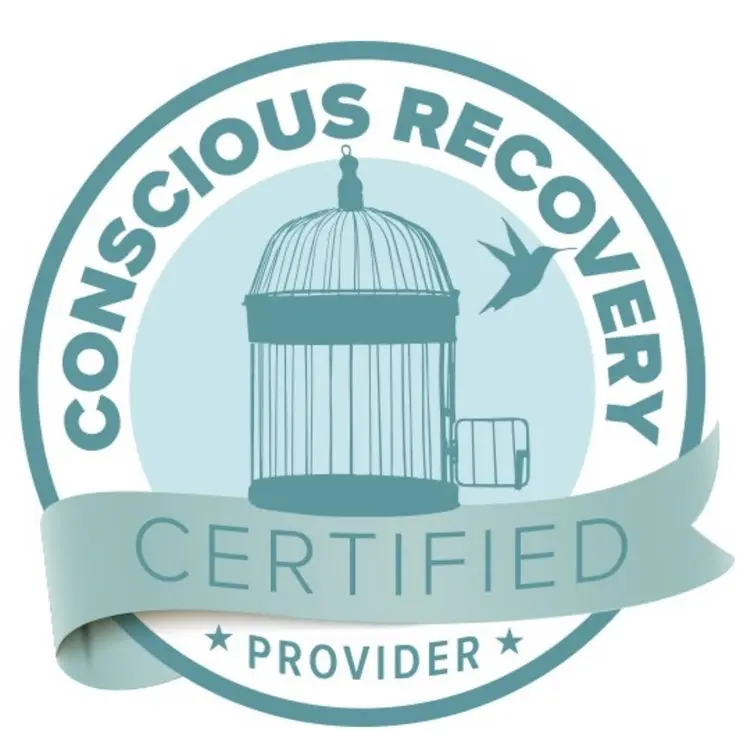The most effective trauma therapy is Trauma-Focused Cognitive Behavioral Therapy (TF-CBT), a specialized form of therapy designed to help children and adolescents who have experienced traumatic events and are struggling with the psychological impact of trauma. TF-CBT integrates cognitive-behavioral therapy techniques with trauma-focused interventions to address the unique needs of trauma survivors. Here are key features of TF-CBT:
Psychoeducation: TF-CBT begins with providing age-appropriate information about trauma, its effects, and common reactions.
Trauma Narrative: TF-CBT incorporates a structured approach to help individuals process and make sense of their traumatic experiences.
Cognitive Restructuring: TF-CBT focuses on identifying and challenging negative thoughts and beliefs related to the trauma.
Relaxation and Coping Skills: TF-CBT teaches individuals various relaxation techniques, coping skills, and stress management strategies to manage distressing symptoms and regulate emotions.
Gradual Exposure: TF-CBT may incorporate gradual exposure techniques to help individuals confront and process trauma-related memories, thoughts, or situations in a controlled and supportive manner.
Parenting Skills and Support: TF-CBT involves actively involving parents or caregivers in the therapy process.



